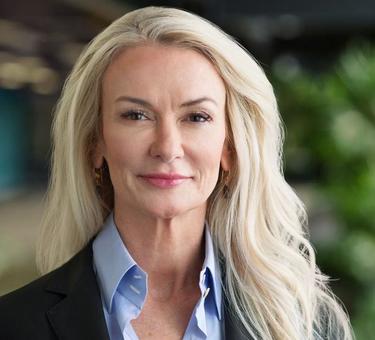Q: What are the benefits of obtaining a supply chain management certification?
A: Obtaining a certification in supply chain management can lead to enhanced career opportunities, higher earning potential, and increased professional credibility. It demonstrates a commitment to the field and a mastery of specific skills and knowledge that are highly valued in the industry.
Q: How long does it typically take to complete a supply chain management certification?
A: The duration varies depending on the specific certification and your pace of study. Some certifications can be completed within a few months, while others might take a year or more, especially if they require professional experience or extensive study.
Q: Are there online courses available for these certifications?
A: Yes, many organizations offer online courses for supply chain management certifications. These online programs provide flexibility for professionals who are balancing work and study. They often include interactive modules, virtual lectures, and online exams, making them a convenient option for many.
Q: Is work experience required for obtaining these certifications?
A: It depends on the certification. Some, like the APICS Certified in Production and Inventory Management (CPIM), require specific levels of work experience, while others might be more accessible to individuals new to the field. Always check the eligibility requirements of each certification program.
Q: Can these certifications be renewed, and if so, how?
A: Yes, most supply chain management certifications require renewal. This usually involves earning a certain number of professional development points or continuing education credits within a specific time frame. The renewal process ensures that professionals stay current with industry trends and ongoing education.
Q: Are there any prerequisites for enrolling in these certification programs?
A: Prerequisites vary by certification. Some may require a bachelor’s degree or a certain number of years of professional experience, while others are open to all levels. It's important to review the specific requirements of each program before applying.
Q: How does acquiring a supply chain certification impact salary and career advancement?
A: Professionals with supply chain management certifications often have a competitive edge in the job market, which can lead to higher salaries and more advanced career opportunities. Certifications are a testament to a professional's expertise and dedication to the field, making them more attractive to employers.
Q: Can I pursue more than one certification?
A: Absolutely! Many professionals choose to pursue multiple certifications to broaden their expertise and increase their marketability. One may choose to pursue additional certifications as they acquire more years of on the job experience, earn additional degrees, or switch industry sectors.







